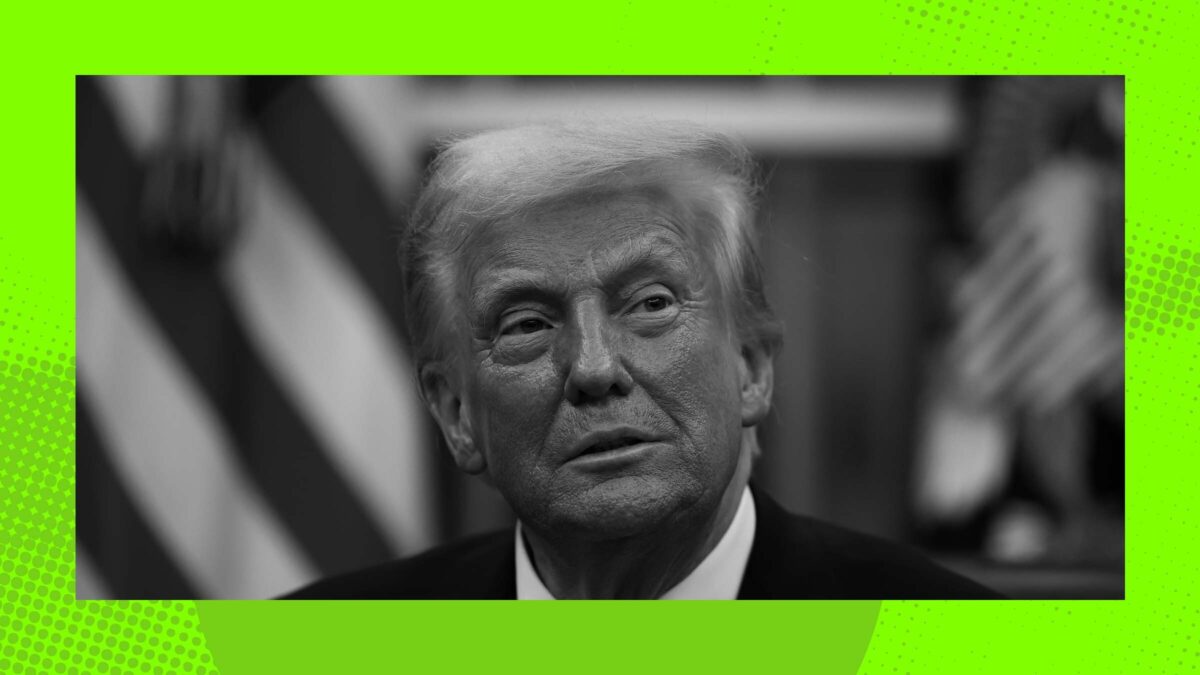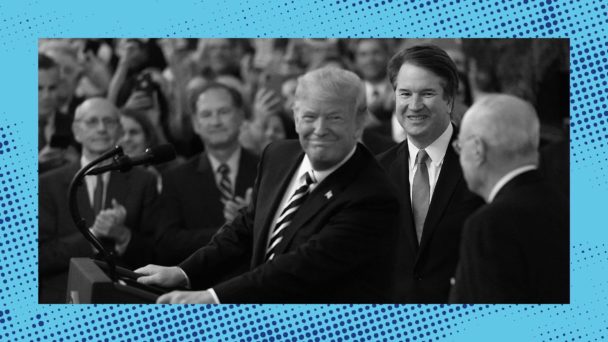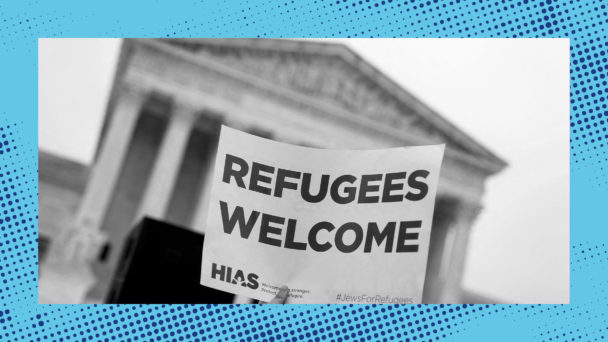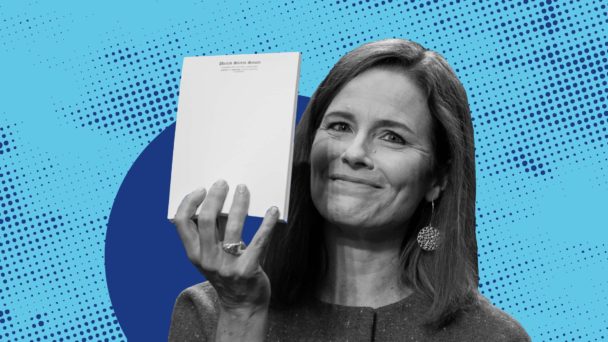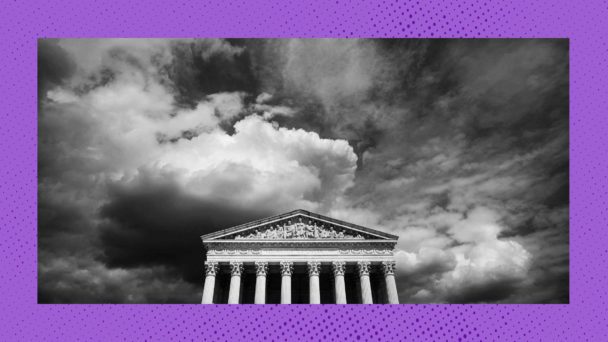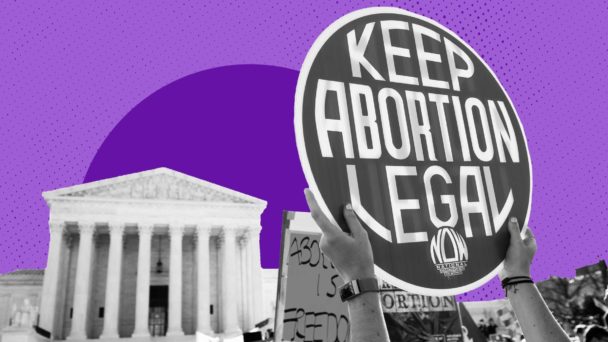On Thursday, the Supreme Court will hear oral argument in Trump v. CASA, a case arising from President Donald Trump’s Executive Order purporting to override the Fourteenth Amendment’s grant of birthright citizenship. This directive would strip hundreds of thousands of Americans of their citizenship and create an inheritable caste system under law for the first time in over 150 years.
The Supreme Court ruled in 1857 that Black people were not and could not ever be citizens, as Congress had no power to make anyone a citizen if they were born in the United States but a member of an “inferior or subordinate class.” After the Civil War, Congress responded by ratifying the Fourteenth Amendment, the very first sentence of which says “all persons born or naturalized in the United States, and subject to the jurisdiction thereof, are citizens of the United States and of the State wherein they reside.” The Supreme Court stood corrected, and held in 1898 that although federal laws at that time denied citizenship to Chinese migrants, a person of Chinese ancestry born in the United States was a U.S. citizen. “The fourteenth amendment affirms the ancient and fundamental rule of citizenship by birth within the territory,” said Justice Horace Gray for the 6-justice majority.
The Supreme Court has reaffirmed this conclusion repeatedly in the intervening 127 years. Trump’s order nevertheless claims that persons born in the United States are not citizens of the United States unless at least one of their parents is a citizen or a lawful permanent resident. The administration has also characterized the federal government’s long-settled understanding of the Fourteenth Amendment as an “incorrect position” only adopted by the executive branch “during the 20th century.”
Several states and nonprofit organizations filed lawsuits challenging Trump’s attempted rewrite of the Constitution, and three federal district courts granted preliminary injunctions that block the order while the cases proceed through the courts—not just in the cases of the people challenging the executive order, but for everyone else, too. In response, the Trump administration has asked the Supreme Court to narrow the scope of the injunctions so that they only apply to the plaintiffs in each case instead of nationwide.
Since court rulings don’t typically affect people other than the parties whose rights are at stake in a given case, the government’s request might seem innocuous. In practice, the government is asking for a constitutional cheat code. Limiting relief to only the parties in this case would give Trump a backdoor way to let his illegal order go into effect, prompting uncertainty, chaos, and immediate suffering.
The government’s arguments in this case are aimed at the conservative justices who have recently expressed skepticism about the legitimacy of nationwide injunctions. It quotes Justice Clarence Thomas, who criticized such injunctions as “legally and historically dubious,” when a district court judge blocked Trump’s Muslim travel ban. It quotes Justice Samuel Alito, who contended that universal injunctions may exceed “foundational limits” on the kinds of relief courts can order, when a district court judge ordered the Trump administration to release congressionally-allocated funds owed to the U.S. Agency for International Development for already-completed work. And it quotes Justice Neil Gorsuch, who warned that judges who issue universal injunctions are trying to “govern an entire state or even the whole Nation from their courtrooms,” when a district court judge blocked Idaho from enforcing a law that criminalized gender-affirming care for trans kids.
The Department of Justice characterizes its plea to restrict the breadth of the preliminary injunction as a “modest” request, and one unrelated to the substance of the executive order. “Whatever this Court’s views of the lawfulness of the Citizenship Order, universal injunctions are plainly inappropriate means of redressing any harms to respondents,” said Acting Solicitor General Sarah Harris in a brief.
This argument is deceptive. The “modest” relief requested would allow the government to strip Americans of their citizenship, constrained only by the ability of potential litigants to bring cases and overburdened federal courts to adjudicate those cases over and over again. It would make the fundamental question of who is a citizen dependent on state borders for the first time since the ratification of the Reconstruction Amendments. It would jeopardize the rights and privileges that citizenship status confers, such as the right to vote, to be free from the threat of deportation, and to access public benefits like Medicaid or food assistance. And it would create chaos that compounds daily with the births of thousands of children.
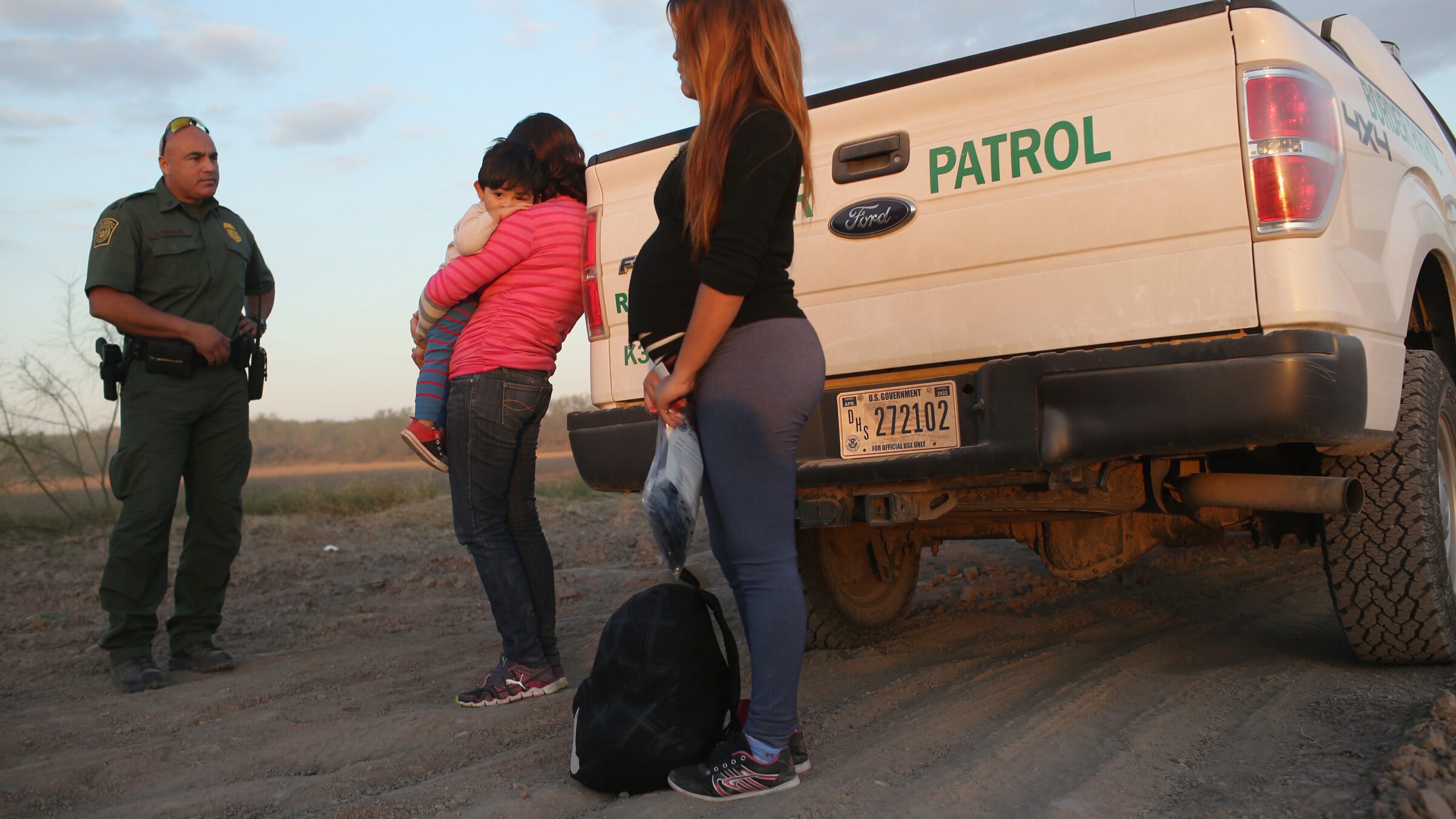
(Photo by John Moore/Getty Images)
More broadly, Trump’s proposed rule would mean there are circumstances in which presidents can implement policies that aren’t constitutional—something that has happened before at the state level, when the Supreme Court let Texas implement its abortion bounty hunter law even though Roe v. Wade was still the law of the land, to devastating effect for both residents and the rule of law. To bind only the parties in a case about a federal policy that infringes a fundamental right is to effectively create an anticonstitutional hall pass. It would allow presidents to violate the nation’s rights all at once, but prohibit courts from vindicating the nation’s rights all at once.
Trump v. CASA is an attempt to tap into the conservative justices’ selective distrust of universal injunctions so that the president can achieve in practice something he shouldn’t even be able to achieve in theory: erase the Constitution’s definition of citizenship and reestablish an antebellum system that extends or denies rights based on ancestry. By shifting the Court’s focus towards the alleged overbreadth of the lower courts’ decisions, the administration is obscuring the fact that its actual target is not universal injunctions, but universal rights.
